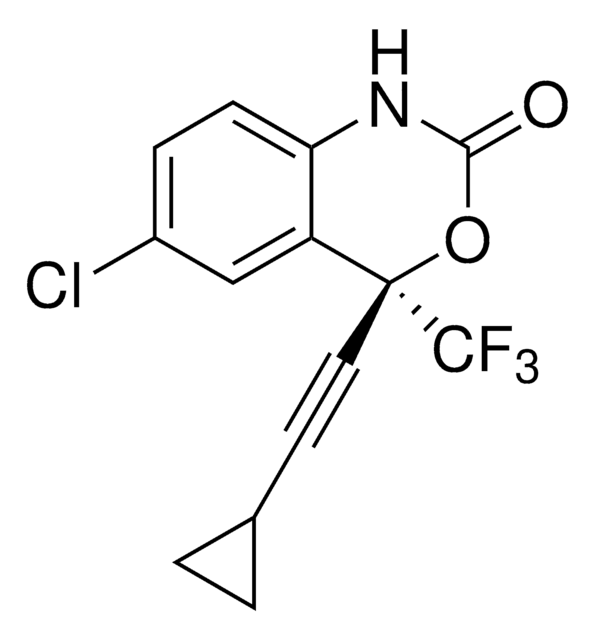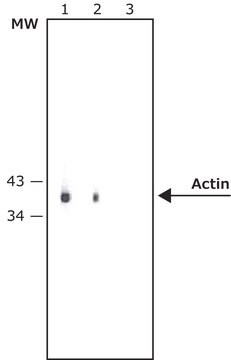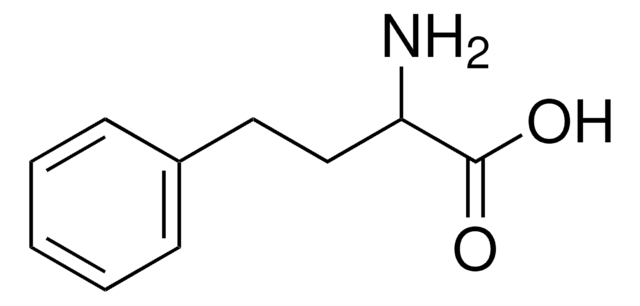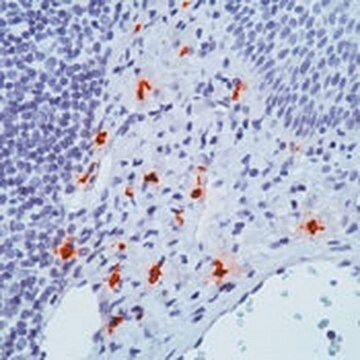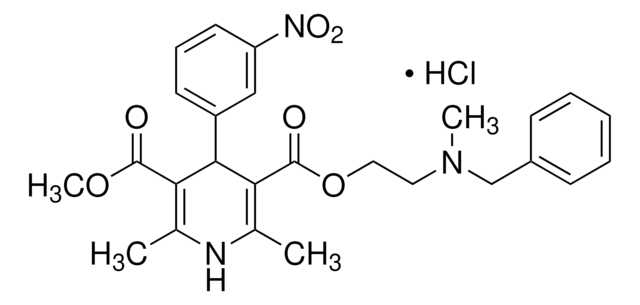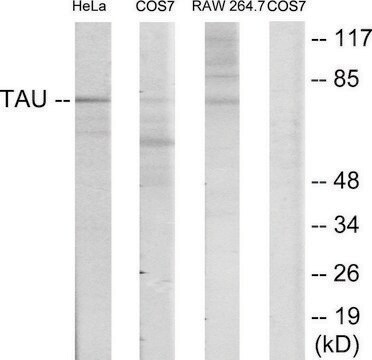K0265
Anti-Potassium Channel K2P4.1 (TRAAK) in Kaninchen hergestellte Antikörper
affinity isolated antibody, lyophilized powder
Synonym(e):
Anti-KCNK4, Anti-TWIK-related arachidonic acid-stimulated K+ channel
About This Item
Empfohlene Produkte
Biologische Quelle
rabbit
Qualitätsniveau
Konjugat
unconjugated
Antikörperform
affinity isolated antibody
Antikörper-Produkttyp
primary antibodies
Klon
polyclonal
Form
lyophilized powder
Speziesreaktivität
human, rat
Methode(n)
immunohistochemistry: suitable
western blot: 1:200 using HEK-K2P4.1 transfected cells or rat cerebellum lysate
UniProt-Hinterlegungsnummer
Lagertemp.
−20°C
Posttranslationale Modifikation Target
unmodified
Angaben zum Gen
human ... KCNK4(50801)
rat ... Kcnk4(116489)
Allgemeine Beschreibung
Spezifität
Immunogen
Biochem./physiol. Wirkung
Physikalische Form
Rekonstituierung
Haftungsausschluss
Sie haben nicht das passende Produkt gefunden?
Probieren Sie unser Produkt-Auswahlhilfe. aus.
Lagerklassenschlüssel
10 - Combustible liquids
WGK
nwg
Flammpunkt (°F)
Not applicable
Flammpunkt (°C)
Not applicable
Hier finden Sie alle aktuellen Versionen:
Besitzen Sie dieses Produkt bereits?
In der Dokumentenbibliothek finden Sie die Dokumentation zu den Produkten, die Sie kürzlich erworben haben.
Unser Team von Wissenschaftlern verfügt über Erfahrung in allen Forschungsbereichen einschließlich Life Science, Materialwissenschaften, chemischer Synthese, Chromatographie, Analytik und vielen mehr..
Setzen Sie sich mit dem technischen Dienst in Verbindung.
